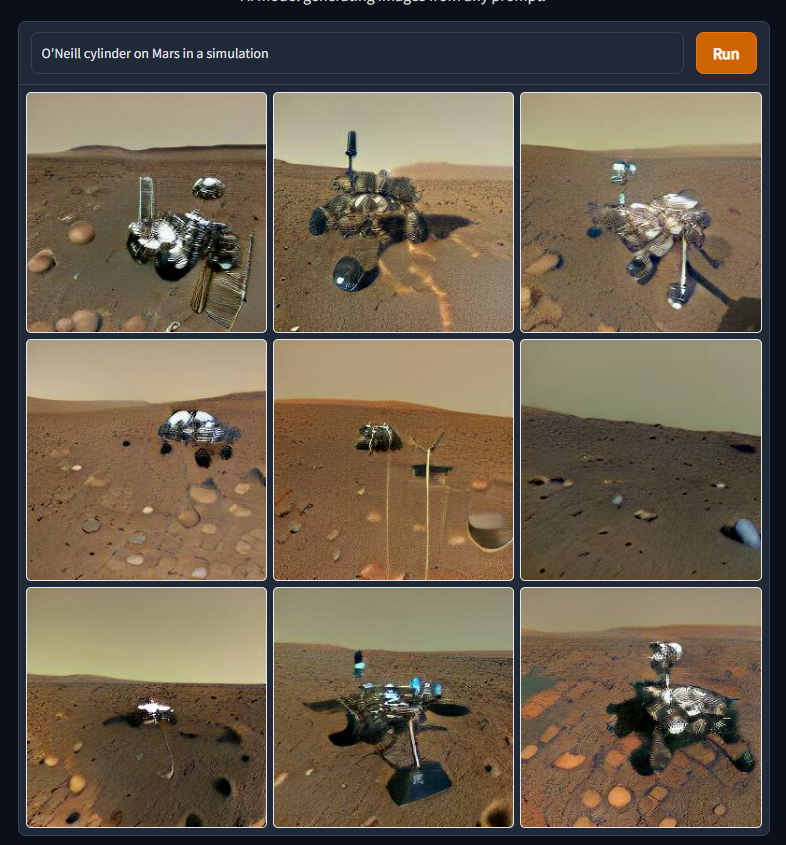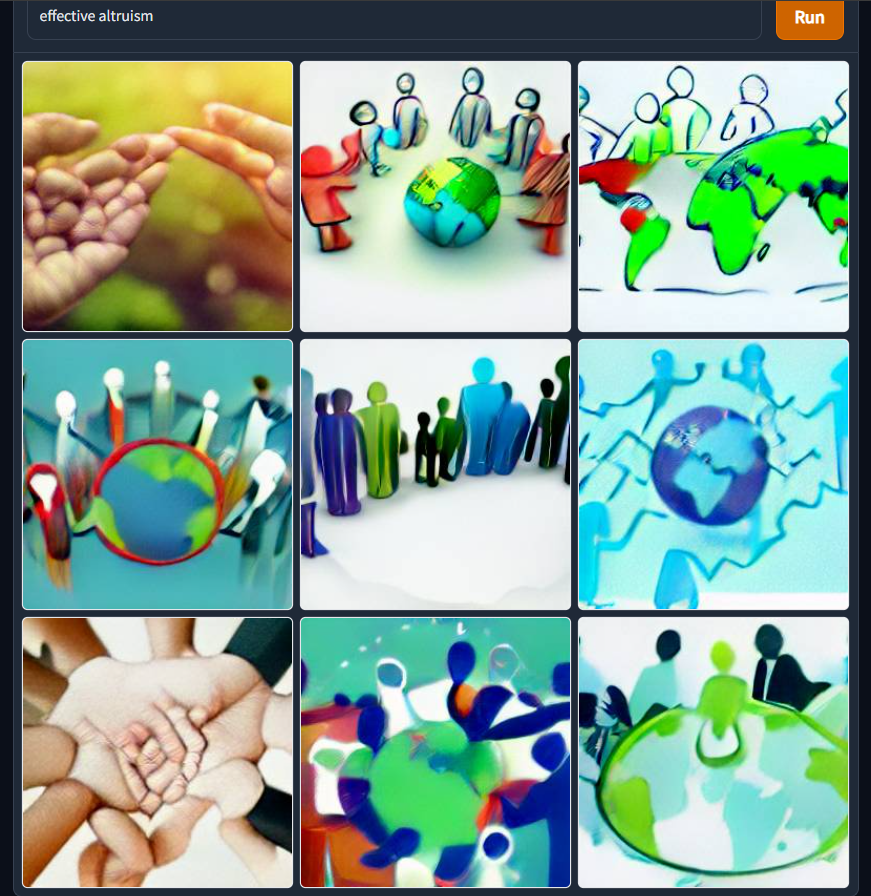I first came across the effective on Lex Fridman’s podcast where he interviewed William MacAskill. In a nutshell, effective altruism is the practice of making decisions based on the greatest good for the greatest number of people. This can be done by donating money to charity, volunteering your time, or advocating for change.
Effective altruism is based on the idea that we can use reason and evidence to figure out how to do the most good. We can then use this knowledge to make informed decisions about how to allocate our time and resources.
This leads to some interesting consequences. The goal of EA is to maximize good, defined generally as quality-adjusted life years (QALY). QALY is a unit of measurement used to quantify the quality of a person’s life. It takes into account both the length of a person’s life and the quality of their life. This can be done by measuring things like how happy they are, how healthy they are, and how much they are able to do the things they enjoy.
Sidebar: Our friends at WIN have come up with Wellbeing-Adjusted Life Year, which tries to extend the logic of QALYs to encompass more of the social determinants
Is it good to spend ten years to become a doctor, then treat 20 patients a day, leading to a gain of, let’s say 10,000 Quality Adjusted Life Years, over a career? Or, it is better to go crazy on Wall Street for five years, then use those proceeds to buy mosquito netting, which maybe could yield 20,000 Quality Adjusted Life Years?
Does this sound like utilitarianism? Would it surprise you to find out MacAskill is a philosopher? And maybe, just maybe, these ideas kind of make sense….
Nonetheless, I stumbled on this lengthy article by Michael Nielsen, Notes on Effective Altruism, which has been sitting in an open tab on my computer for nearly a month. Let’s finally dive in.
Should you donate a kidney?
I have known two people that have donated kidneys. The first, in what can only be described as a quasi-miracle, was a match for her husband who was going into renal failure. These weren’t 80-somethings; these were people barely out of their 20s with two small sons. In this case, donating a kidney seems like a no-brainer, i.e. “I love this person, let’s keep the family together.”
But Nielsen cites some other instances. He says, and I quote a quote,
He still did not think he had done enough to help others, so he arranged with a nearby hospital to donate a kidney to a stranger… Quoting scientific studies that show the risk of dying as a result of making a kidney donation to be only 1 in 4,000, he says that not making the donation would have meant he valued his life at 4,000 times that of a stranger, a valuation he finds totally unjustified
Could you do that? Well, I have a second cousin who did. She donated a kidney to a person she did not know, with no preconditions about the recipient. My cousin works for Lifesource, which is an organ donation organization well worth the time you spend digging into it.
EA demands this type of math. We need to be able to appropriate value activities so that our whole life turns into a good maximization algorithm.
Future over the present
Here’s a fun question: “How should we value the life of a human being living a million years from now?” Or, how much should we value the potential lives to come? Of course, with the recent Supreme Court decision, this isn’t academic at all.

But considering this question underlies a lot of the “big” thinking and businessmen of our time. Elon Musk wants to colonize Mars as a hedge for the human race’s survival amid existential threats like climate change. Jeff Bezos wants to build orbital structures that can more efficiently house millions of people. And, Nick Bostrom, who I actually like a lot, talks about the possibility that we are living in simulations within simulations, then naturally wonders, “How much is a simulated life worth?” What if you turn the simulation off?
For all three guys, the idea is that the future endowment of the human race, where trillions of lives are potentially at stake, means more than a few billion currently. Rather than lift one million people out of poverty, the argument goes, it’s better to create conditions that allow trillions of potential people to thrive.
What is Good?
This example illustrates one of the problems with EA, and something that Nielsen gets into. There can be fundamental differences over what is good. We can’t be just about maximizing QALYs because that removes larger societal trends and tradeoffs.
Remember the old line from one of the gospels– Jesus says, and I’m paraphrases, “It is easier for a camel to pass through the eye of a needle than for a rich man to enter the kingdom of heaven.” If we were to truly adopt an EA perspective, everything would be falling into this calculation. The time spent writing this blog could have been spent driving to downtown Reading and buying that homeless woman who sits on Penn Street breakfast. Or instead of investing in Dawn Chorus and PubTrawlr infrastructure, I could just take the profits and toss them directly toward deworming charities. Under an EA perspective, we can never do enough.
Oh, and I’m not looking to reason my way out of that. That idea that we could always be doing more lingers with me, and I personally haven’t resolved it…..
Evidence and Reason
Nielsen then notes that one of the imperatives is that EA uses “evidence and reason” to make decisions about what is good. Having spent the past 15 years in community-based work, there is considerable debate, both methodologically and ethically, about what constitutes “evidence.” From a top-down perspective, meta-analyses are more highly valued than single instance case studies (I mean, this is one of the things that PubTrawlr is trying to do). And yet, we can’t discount the truth and good that comes from one successful implementation. There can be considerable debate about what constitutes truth, which is unfortunately baked into our current times.
Summing Up
The whole essay is worth reading. EA presents a kind of unpleasant paradox in how we go about our daily work, especially for those in social services. We want to do good, we want to have an impact, but are we really having the type of impact that is meaningful? And how do we go about this without being so reductionist we go all Chris McCandless and strike out for Alaska. Things to ponder and reflect on…..
Big Changes to Dawn Chorus
Within the next week, we’ll be rolling out the new website, introducing a ton of the new staff, and giving you all a clear picture of where we’re trying to go. Some of it involves bringing PubTrawlr quasi-back into the fold. Some changes involve other creative endeavors. But rest assured, we’re still trying to go good in a way that can be globally defined.

